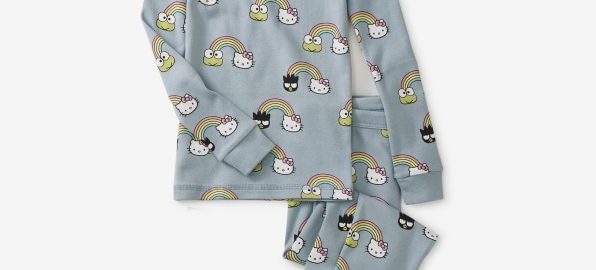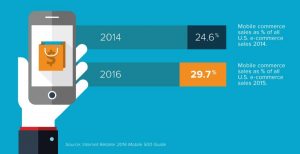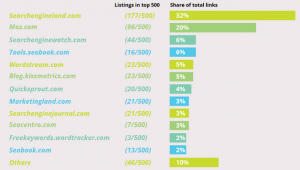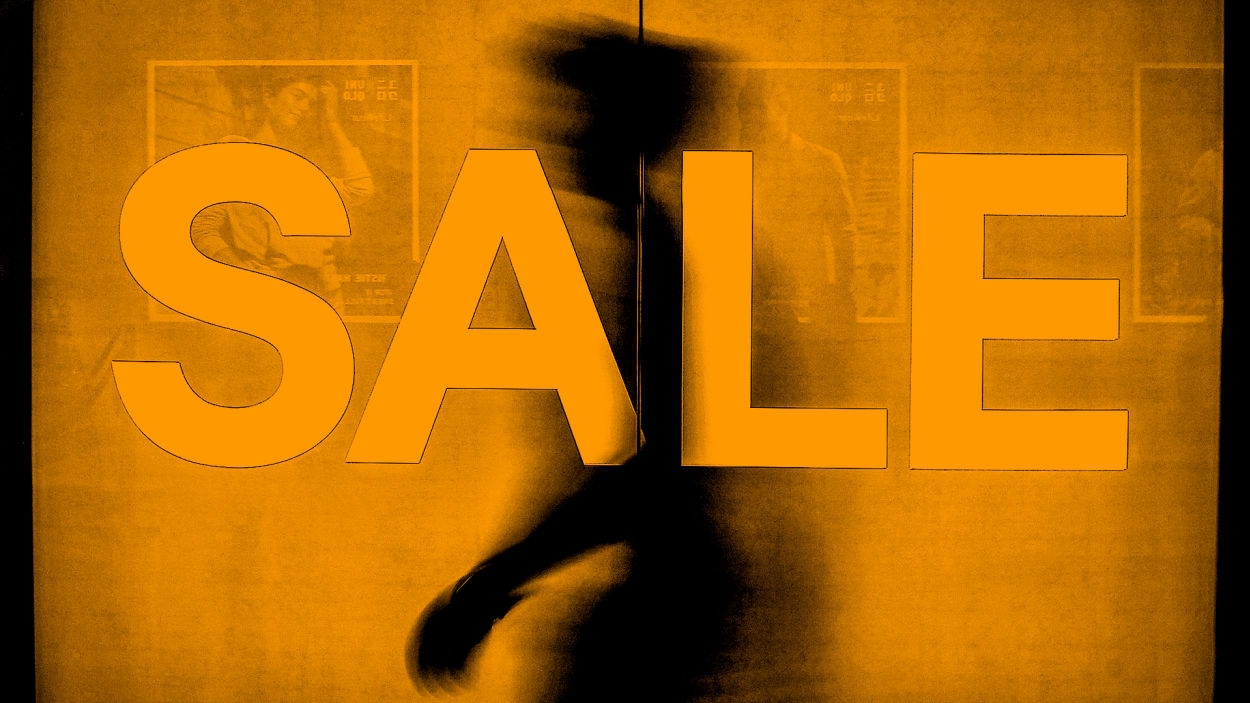
Prime Day is upon us. But you don’t have to shop Amazon’s gargantuan two-day sale.
The annual shopping event is taking place on July 12 and 13. As in the past, the e-commerce giant will entice shoppers to spend as much as possible by offering limited deals. Last year, RetailMeNot found that the average shopper set aside $595 to spend on Prime Day. This resulted in Amazon generating an estimated $11.2 billion in sales over the two-day period. This year, partly due to inflation, shoppers are projected to spend only $388 each.
While Amazon certainly makes online shopping quick and easy, all of this convenience comes at a cost. There have been many reports of Amazon treating its workers poorly in order to get products out to customers as fast as possible. Many people worry about the company’s impact on small businesses plus its environmental footprint.
If you have concerns about Amazon’s ethics, you might want to consider avoiding the sale altogether, and using your shopping budget to opt for some alternatives. There are a number of online businesses that are focused on curbing their environmental impact, supporting minority entrepreneurs, and creating social good. This list isn’t comprehensive by any means, but the Fast Company team has tested and endorses each one.
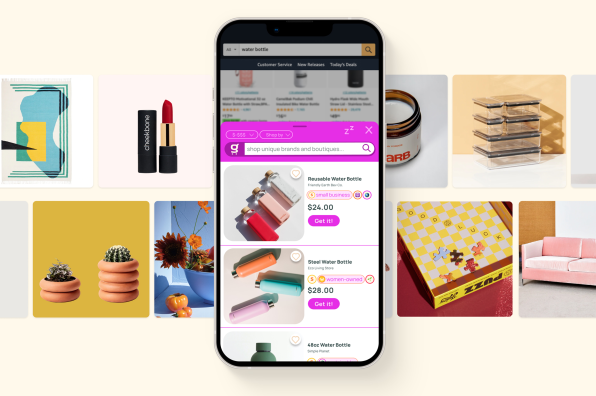
There’s An App for That
If you go to Amazon instinctually every time you want to buy something, one solution is to download the Goodbuy browser app. Whenever you’re searching for products on the website of a mega-retailer, Goodbuy will direct you to one of more than 185,000 small businesses that sell that very same product. It also includes attributes of the businesses and their products in its database, including whether they’re sustainable, American-made, or Black-owned.
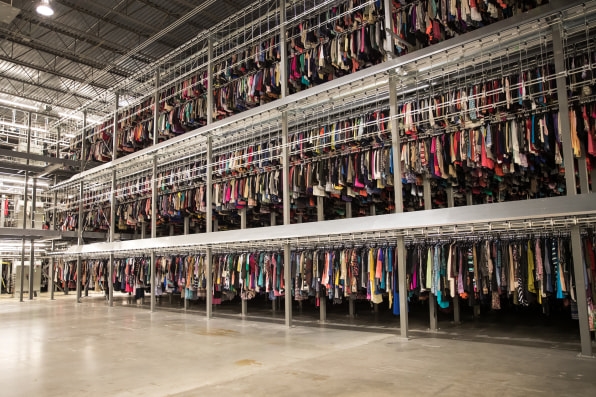
Fashion
According to RetailMeNot, apparel is the top category consumers plan to shop on Prime Day. But while Amazon is working hard to become a fashion destination and has launched many of its own brands, it’s not known for its sustainable fashion. And as we’ve reported many times, fashion is a big contributor to greenhouse gasses, which are driving the planet to environmental collapse. If you’re looking to restock your closet on Prime Day, here are some good alternatives.
ThredUp
First, consider online thrifting. ThredUp is the largest online consignment store—with 2.4 million items listed online at any time, from fast fashion to luxury goods. While everything on the site is secondhand, there are plenty of items that are new with the tag still on.
Pact
Many people go to Amazon for staples like T-shirts and underwear. Pact offers all of these items and more, but it uses only organic cotton and is made by certified-Fair Trade factories.
For Days
Another good option for basics is For Days, which makes 100% recyclable clothing. After you’re done with anything you buy on the site, you can return it for a gift voucher, and the company will recycle it into a new garment.
Girlfriend Collective
If you’re looking for activewear, Girlfriend Collective makes every garment from recycled plastic; you can identify the garment’s makeup in its product page. And despite the name, the brand also sells men’s clothing.
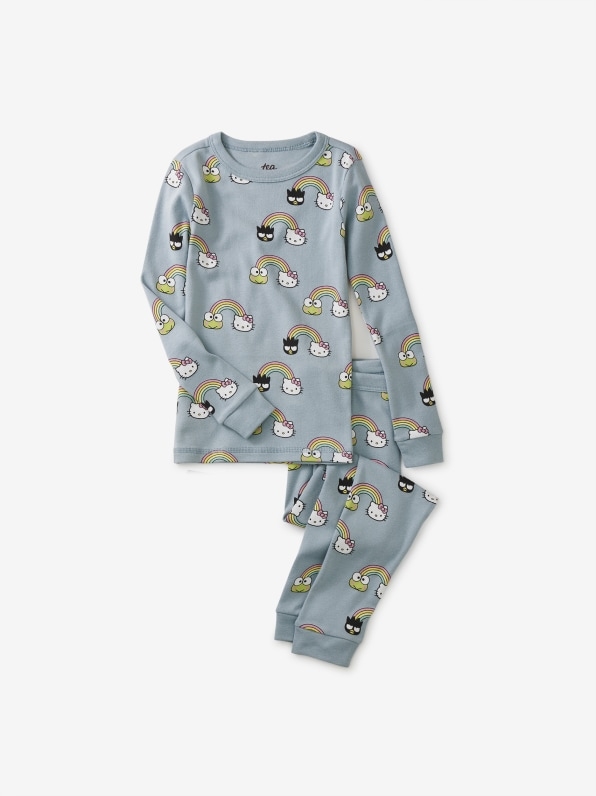
Kids
Many families report that they hope to do back-to-school and kids’ shopping on Prime Day. But as any parent knows, most kids’ clothing and toys are poor quality and made from disposable materials, since kids tend to use these products for a short time. All of this is bad for the planet. Both Pact and For Days makes kids’ products, and here are a few more.
Tea Collection
Most kids’ clothing doesn’t focus on durability. Tea Collection makes high-quality clothes with patterns inspired by cultures around the world. Over the past 20 years, parents have passed clothes on to other children and sold them to consignment stores. Now the brand has launched a trade-in program with secondhand-platform Kidizen so customers can trade in old clothes for credit.
Kidizen
Speaking of which, you might consider buying used clothes for your kids. They’re often cheaper and better for the planet. While ThredUp has a robust kids’ collection, Kidizen focuses specifically on kids’ clothes, giving you access to more brands and sizes.
Rose and Rex
If you’re a parent, Amazon will be marketing you Prime Day deals on the hottest new toys, most of which are made from plastic and won’t keep your kid interested for very long. For toys that are more sustainable, educational, and designed to hold a child’s attention, Rose and Rex is a great option. The brand curates toys selected by educational professionals specifically designed to encourage imaginative play.
Grocery
Amazon makes it easy to buy your household essentials, like toothpaste and toilet paper. But there are now plenty of other companies that sell these products online while also curating eco-friendly or locally made goods.
Grove Collaborative
Grove sells personal-care and home-cleaning products that are nontoxic and more sustainable. It’s particularly focused on eradicating plastic from the home and aims to be entirely plastic-free by 2025.
Hive
Hive sells everything from snacks to shower gel from brands like Tony’s Chocolonely and Amy’s Organics, both of which are committed to social good and environmental responsibility. You can learn about the values of each individual brand on the product page.
Thrive Market
After you pay $5 a month for a Thrive membership, you get access to the brand’s organic grocery staples—like pasta, meat, and wine—which are typically cheaper than what you’d pay on Amazon. You also can get free shipping over $49, and your membership pays for a free membership for someone in need.
Imperfect Foods
This online-only grocery helps tackle the country’s food waste problem by selling grocery items that are in excellent condition but would have otherwise been thrown out because they were considered ugly or were surplus. Food costs about what you’d buy at the grocery store, but it’s delivered to your door.
Books
Amazon began as a bookstore, and it still generates upwards of $280 billion from books annually. That’s a lot of money that could be going to booksellers in your neighborhood. Here’s how you can support these small bookstores without leaving the couch.
Bookshop.org
When you buy a book from this platform, 30% of revenue goes to local booksellers. The company has sent more than $21 million to these stores since it launched in 2020.
Abe Books
If you’re looking for used books, Abe has an enormous inventory. It sources books from secondhand booksellers around the country, often offering free shipping on top of incredibly reasonable prices.
Maybe Don’t Buy Anything
And there’s always the option of rejecting overconsumption altogether and choosing not to buy anything. You could go to the library for a copy of a new book, or find something on your list from a Buy Nothing group on Facebook. Or maybe put your money toward an experience: Consider a membership to a local zoo, aquarium, or museum—where you can keep going long after Prime Day is over.
(26)
Report Post